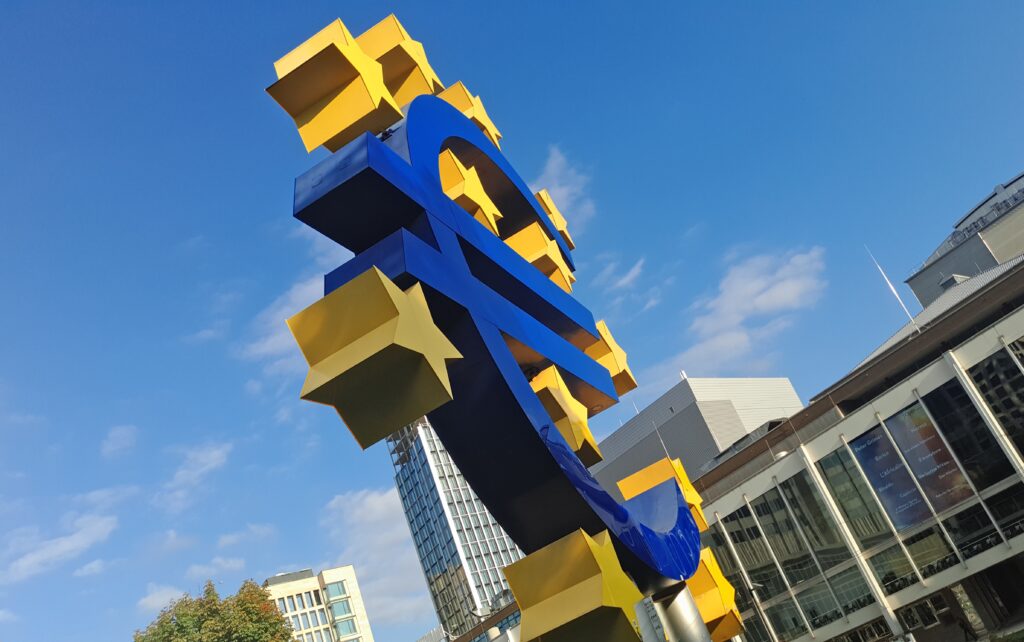Looking for new sources of energy will help the European Union expand its soft power to other countries and create new political alliances; if the EU wants to become indeed relevant on the world stage, it must seize this chance and turn this energy war in its favour, Cristian Gherasim an analyst, consultant and journalist focusing on Eastern and Central European affairs, writes.
No doubt the European Union and its economic fortune have seen better days. Skyrocketing energy costs, an unabated dependency on Russian gas, rising inflation and a plummeting euro currency dash hopes of any improvements in the coming months.
Trust in the EU economy is at low ebb
In my home country of Romania, as in most other former communist countries, trust in EU’s economic might, particularly in the ability of its Western member states to pull through whatever the challenge, has almost always been unequivocal. Until now.
As in many other Eastern European nations, the euro has been regarded as a safe haven with people inclined to keep their savings in the single currency. This is still the norm as inflation bites and the many economic woes of the 1990s are still very much etched in the Eastern European mindset. But now, people are switching back to the US dollar for the first time in 20 years as a means to protect their money. A friend who works in a Romanian bank told me that since the war in Ukraine started, there were several times more people looking to open a deposit in US dollars than in euro and the number will only increase.
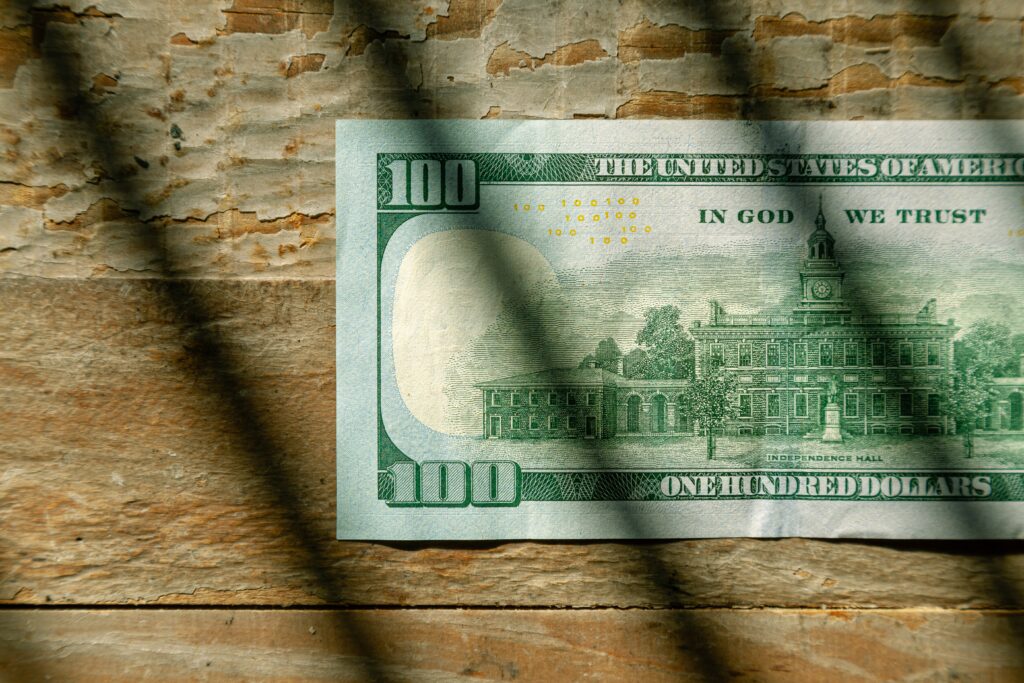
And it’s not just confidence in the single currency plummeting but also in the member countries’ ability to provide heating this winter to their citizens. More people are restoring old fireplaces and heating stoves that run on wood as they expect a gas shortage to be imminent. Some – like my parents – are thinking of moving from their house back in the tiny communist-era studio fearing they won’t be able to afford the gas bill this winter.
The fact that the continent is heading for a recession shouldn’t derail the European Union from taking the necessary steps in breaking the dependency on Russian gas. If anything, the EU should speed up the process as much as possible.
Taking the high ground and what the European Union can learn from Eastern Europe
In the wake of the Russian invasion of Ukraine, the EU has little choice but to come out strongly against Russia, to impose sanctions and support Ukraine. After all, ex-communist member states know all too well what their warmongering eastern neighbor is capable of. When Ukraine came under attack, these former Eastern Bloc countries, fearing they could be next, reacted quickly. They helped the millions of Ukrainians fleeing war and sent weapons to assist Kyiv in its fight.
The eastern European member states, despite their economic woes, responded admirably to the Ukrainian crisis, winning international praise for the warmly and almost flawlessly manner in which those fleeing war in neighboring Ukraine have been welcomed. According to the Kiel Institute for the World Economy, the Eastern European nations top the list of countries committing aid to Ukraine, as a share of their own gross domestic product. The small Baltic nation of Estonia has offered the most to Ukraine by GDP share.
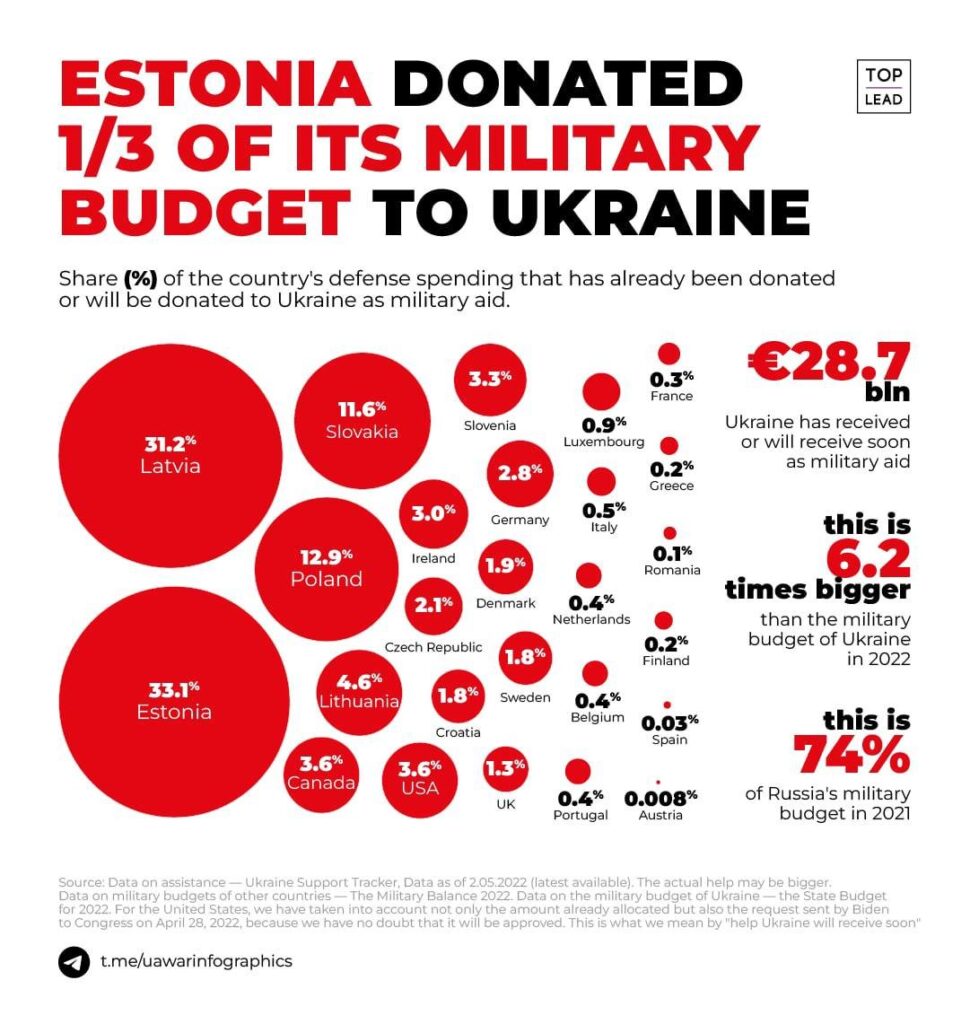
Eastern Europe reacted as such not only because of their proximity to Russia and the region’s shared history of the Soviet occupation still entrenched in the public opinion. It reacted also because history showed as that economic prosperity comes from political fortitude. And that is the lesson the entire European Union needs to heed.
Such a unity in response could very well help rejuvenate the European Union politically and provide the much need decoupling from Russian energy. Furthermore, the search for new sources of energy could prove a great opportunity to end Russian energy imports and to also project the EU’s influence both home and abroad.
Looking for new trustworthy sources of energy will help the EU expand its soft power, its principles, democracy and rule of law to other countries.
Europe was right to stick to its principles when backed into a corner by Russia, but as a force for good, the EU has always appeared content to keeping it to itself and not try to expand its soft power across the region.
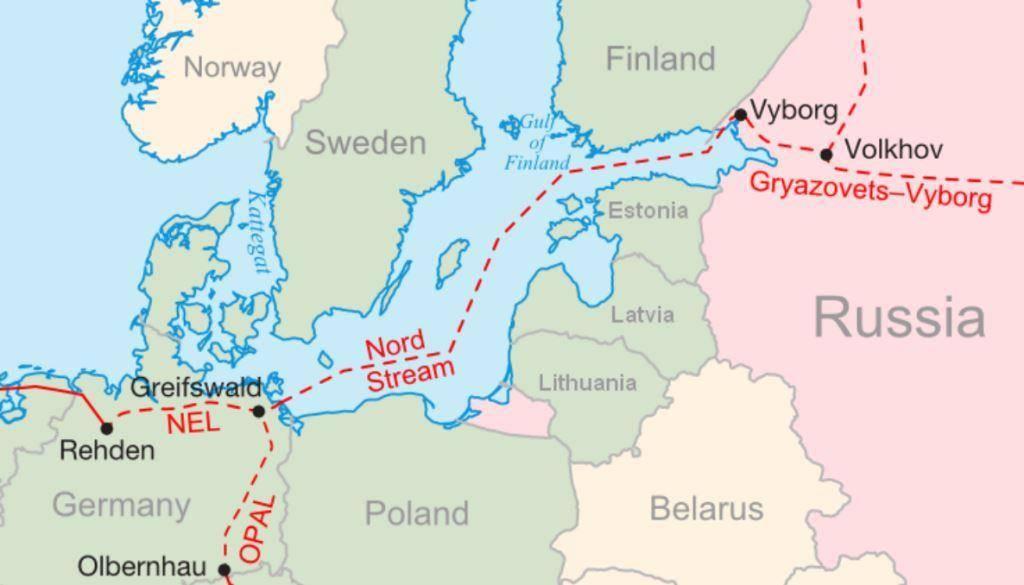
How to become energy independent and increase political influence
Yes. The European Union can have its cake and eat it too. The 27-nation block can get rid of Russia’s blackmail and harassment on the energy front and make new allies at the same time. It’s on the verge of doing just that, but caution is required.
One hundred and fifty years later, a new scramble for Africa is taking place, this time for making energy deals.
With the looming energy crisis to unfold this winter, the European Union has been hard at work striking gas deals with Nigeria, buying South African coal and building energy infrastructure in Morocco, all in the effort to wean itself off from Russian gas.
But what caught everyone’s eye is the EU’s push into Asia, namely the deal struck with Azerbaijan to double the imports of gas into Europe by 2027. While Azerbaijan doesn’t have quite the stellar reputation when it comes to safeguarding human rights, the deal has political implications. It reduces Russia’s sphere of influence and creates the premises of more EU influence in terms of rule of law and democratic norms to dripple into the Asian nation.
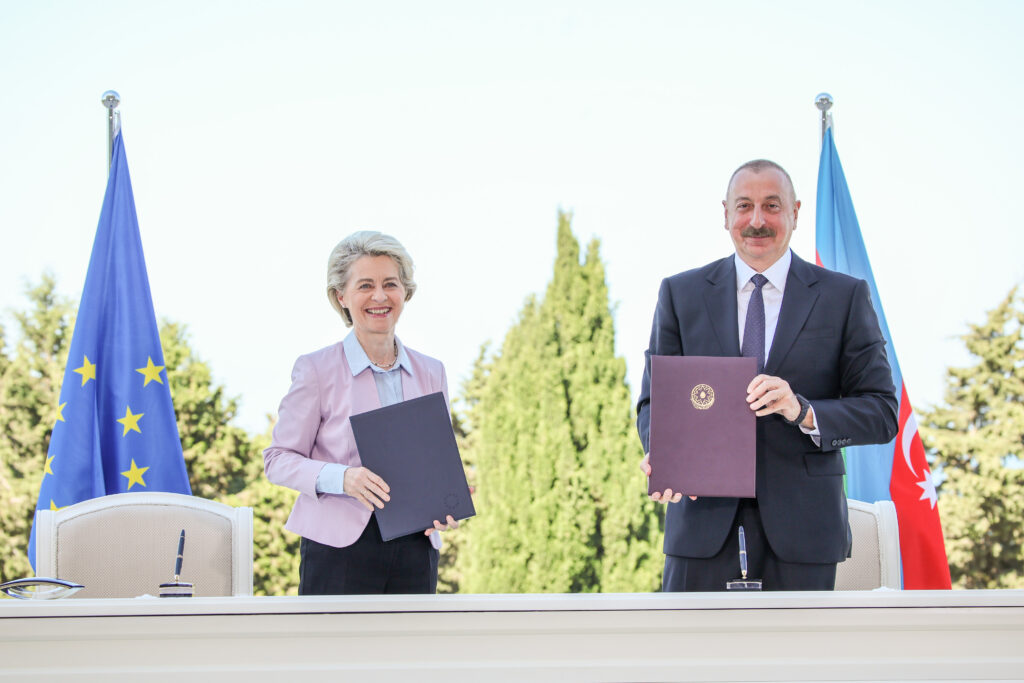
The more the EU ventures into Central Asia and Russia’s sphere of influence, the more interesting it gets. As some former Soviet central Asian nations sense, there’s more to gain from an approach towards the West than from a partnership with Russia they make a U-turn in their foreign policy.
Countries like Uzbekistan and Kazakhstan have shown some improvements in pivoting towards the West and turning their backs on Russia, despite still having a long way to go in terms of democracy and civil liberties. Uzbekistan opposed Russia’s invasion of Ukraine, warning its citizens of repercussions if they joined Russian military In Ukraine. Business-orientated Kazakhstan is in the process of promoting trade and cooperation on energy supplies bypassing Russia. It has also won several cases against oligarchs who are influential in the former Soviet sphere of influence, like the one against Anatolie Stati, one of Moldova’s richest men, found by Belgium’s Court of Appeal to have engaged in a massive fraudulent scheme in Kazakhstan.
Small reforms, such as the liberalisation of the currency, free travel, as well as an openness towards the business environment offer a set of premises for the EU to provide incentives for a ruled based market economy and to plant the norms for rule of law and even liberal democracy. This won’t be an easy or a short process, but succeeding at it might mean not only energy independence, but also helping develop young democracies with European values at Russia’s doorstep.
According to the WJP Rule of Law Index, some central Asian nations have seen improvements over the past years. Unlike African nations that are backsliding when it comes to rule of law and corruption, awash with Russian and Chinese influence, Central Asia might prove more of fertile ground to create both reliable partners and plant the seeds for future political allies.
Whether or not the EU takes this opportunity to both diversify its energy sources and create new political alliances remains to be seen. What’s more certain, though, is that this won’t come again. If the EU wants to become indeed relevant on the world stage, it must seize this chance and turn this energy war in its favor. As the legendary British prime minister, Winston Churchill, once said – never let a good crisis go to waste.
The opinions in this article are those of the author.

